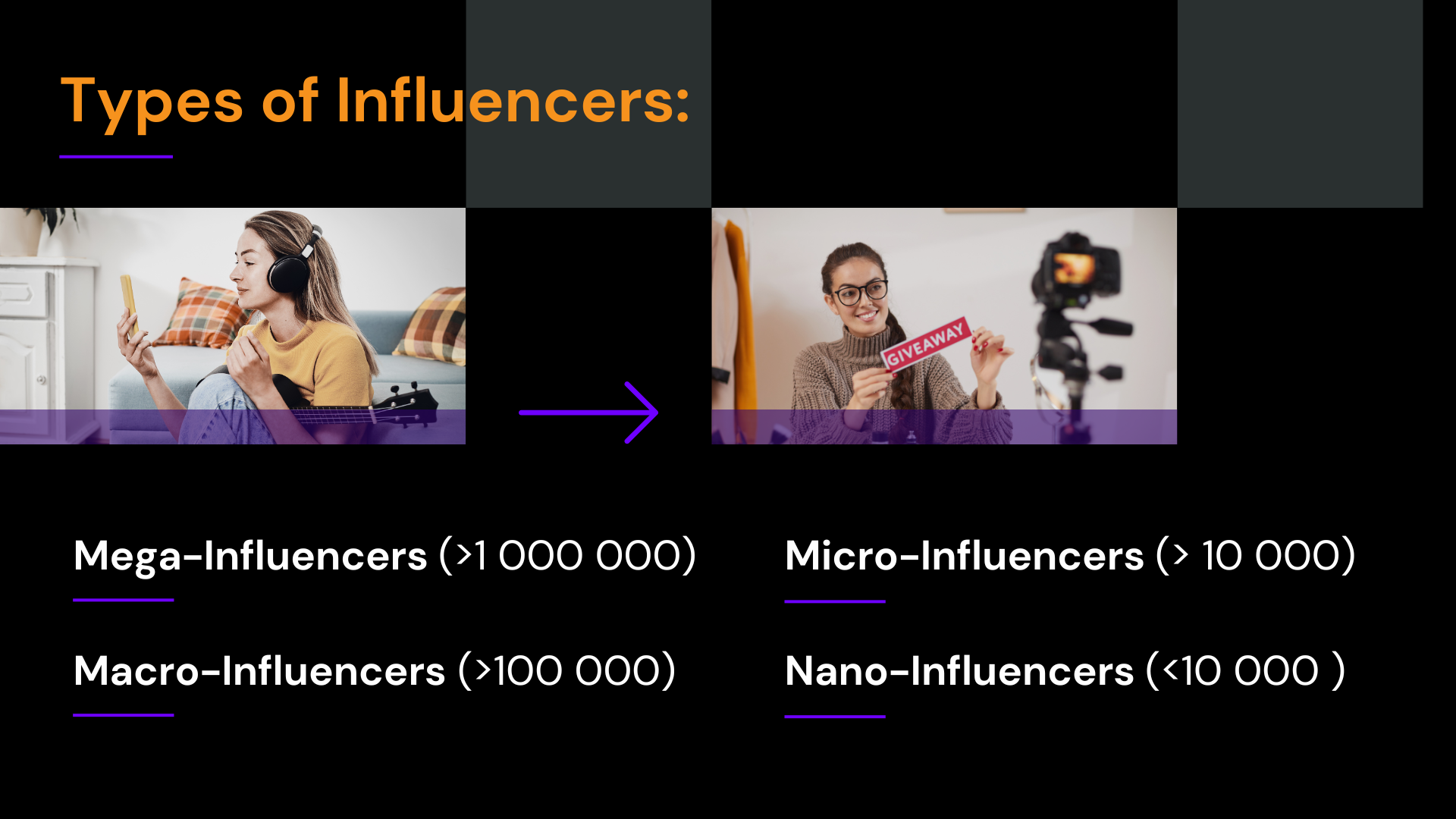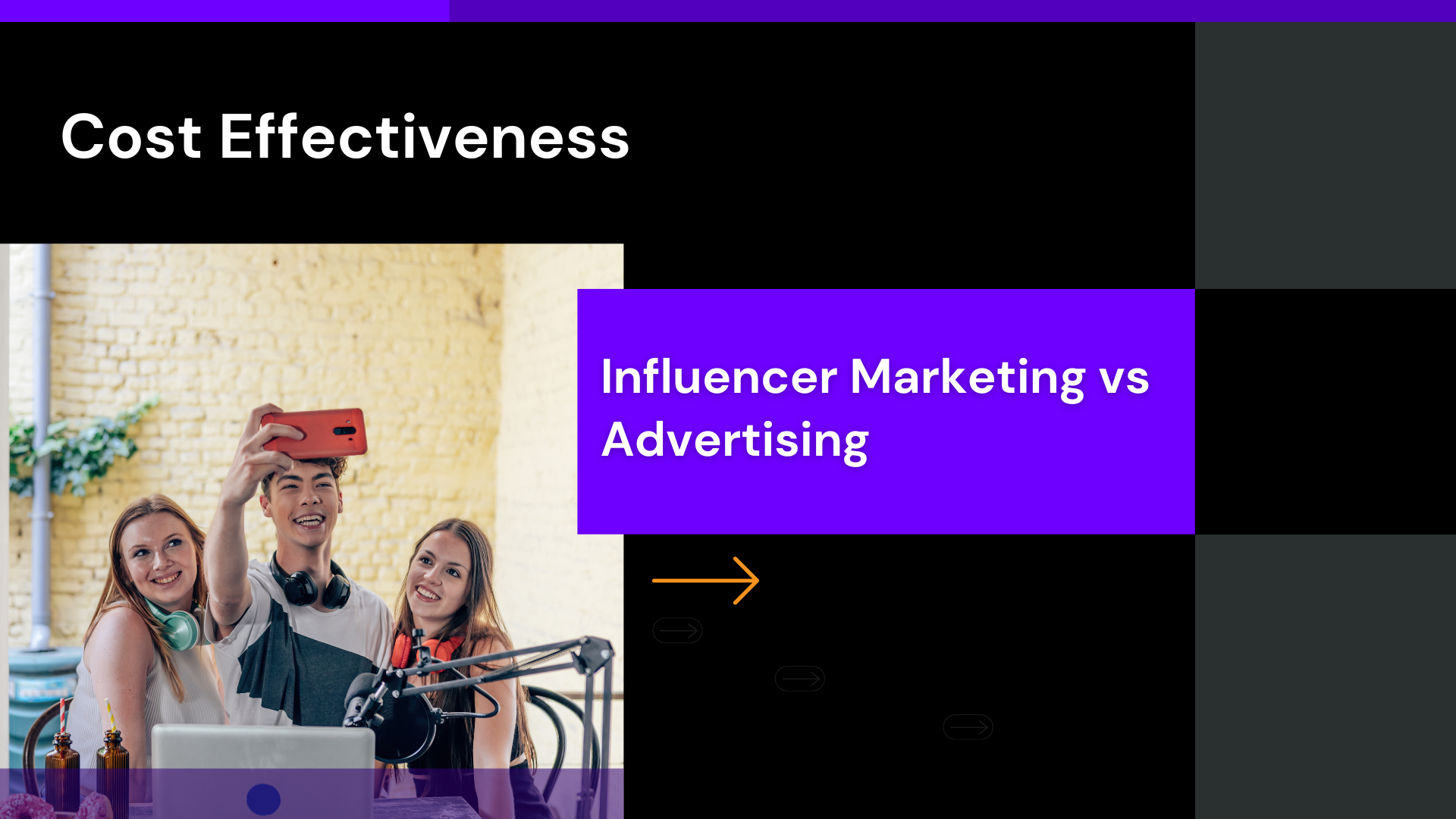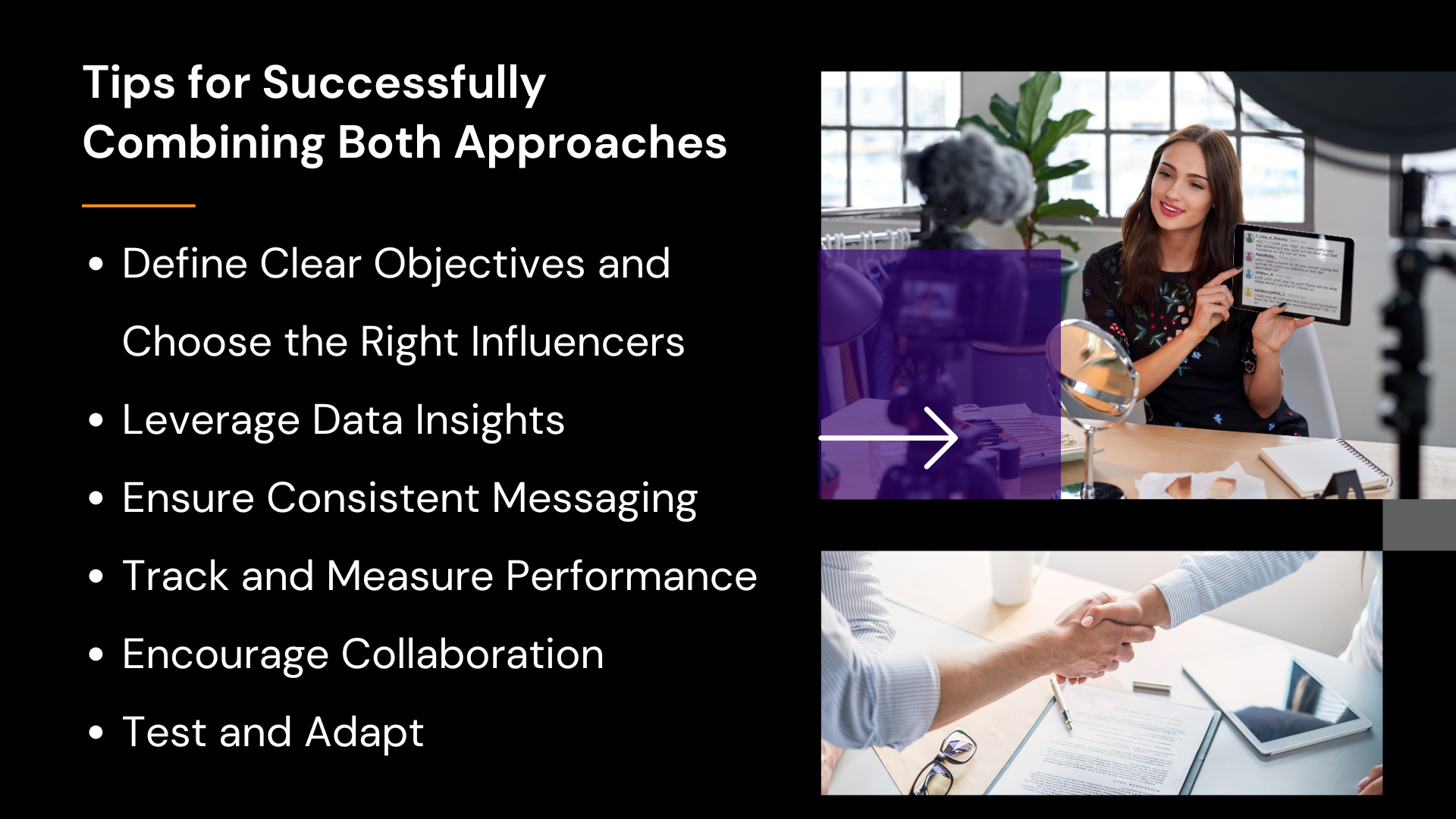Influencer Marketing vs Advertising: Which Strategy Delivers Better Results
Business progress is mostly dependent on marketing. Businesses now have more tools than ever due to the digital age. However, this abundance of opportunities presents a rising challenge for both business owners and marketers: how can one decide on the best marketing strategy?
Influencer marketing vs. advertising are two popular strategies. Influencer marketing leverages personal connections and niche audiences on social media, while advertising focuses on paid online campaigns. Which marketing method boosts audience engagement and ROI? Let’s break it down!
Understanding the Players: Advertising vs. Influencer Marketing
What is Paid Advertising?
The strategy targets specific groups based on interests, demographics, or behavior to promote your business. Paid marketing may increase traffic, create leads, and properly raise brand awareness with outstanding creative execution and well-allocated resources. Paid advertising includes formats like search engine ads, social media advertising, video ads, etc.
Pros of Paid Advertising
-
Paid advertising guarantees that your message reaches the correct audience by letting you define your audience according to location, age, gender, interests, and online activity.
- Google and Facebook Ads offer real-time information on impressions, clicks, conversions, and ROI.
- Budget and performance will determine whether campaigns are scaled up or down, so allowing you control over your advertising budget.
- Once established, sponsored ads can generate traffic and leads faster than organic strategies.
-
Paid advertising raises your profile on well-known sites, enhances awareness of your brand, and helps to define it.
Cons of Paid Advertising
-
Costly Over Time: Maintaining results requires continuous spending; poorly managed paid advertising can be costly.
- Ad Fatigue: Too much exposure to the same commercials could result in lower engagement as viewers get bored with repetitious content.
- Competition: Social media platforms are competitive. Bidding wars could raise expenses and reduce return on investment depending on your industry.
- Skill Requirement: Hiring professionals or agencies for audience targeting, creative design, and performance analysis may be necessary for effective paid advertising.
- Short-Term Focus: Paid advertising mostly provides temporary effects. Unlike organic strategies, which last, stopping payments usually decreases traffic and leads.
Although paid advertising is a great tool for rapidly reaching and interacting with focused audiences, the best results depend on proper planning and management. Businesses may maximize the benefits of paid advertising while limiting its negatives by evaluating performance and altering methods. Although influencer marketing vs advertising have different advantages and drawbacks, for companies trying to reach more people and boost conversions a mix of both methods can usually produce the best results.
What is Influencer Marketing?
Influencer marketing consists of working with bloggers, YouTubers, social media celebrities, and other online creators with a large following in their chosen industry.
Unlike social media advertising, influencer marketing’s power lies in its personal connection. As a trusted friend or role model, influencers can increase engagement and loyalty.
Pros of Influencer Marketing
 Targeted Reach: Usually specializing in particular niches, influencers let companies reach exactly the correct audience without wasting money on irrelevant demographics.
Targeted Reach: Usually specializing in particular niches, influencers let companies reach exactly the correct audience without wasting money on irrelevant demographics.- High Engagement Rates: Influencers have highly engaged followers, so their content has a greater impact and can create more interactions than standard advertising.
- Authenticity and Trust: Long-term bonds between influencers and their followers help to create trust. They generally promote products as personal recommendations rather than commercial pitches.
-
Cost-Effective Options: Particularly when dealing with nano- or micro-influencers, influencer marketing can be a low-cost strategy with great returns since it allows to effectively hyper-target audiences.
Cons of Influencer Marketing
-
Fake Followers and Engagement: Unethical influencers may buy followers or likes, increasing statistics without impact.
- Brand Alignment Challenges: Making sure an influencer’s audience and ideals complement the company might be difficult. Poor alignment can hurt influencer and brand credibility.
- Lack of Control: Sometimes confusion results from brands’ limited control over how their message is portrayed as influencers create material in their own voice and style.
- Measuring ROI: Tracking influencer marketing efforts is difficult without detailed information, unlike standard marketing campaigns.
Using authenticity and trust, influencer marketing presents a strong marketing strategy for businesses to contact very interested audiences. However, brand alignment, messaging management, and ROI measurement are difficult. Brands can create more successful tactics to maximize their campaigns and reduce potential risks by evaluating the effectiveness of influencer marketing vs social media-sponsored advertising.
Audience Engagement: Personal Touch or Broad Reach?
Traditional advertising and influencer marketing work on different frequencies when it comes to attracting viewers.
Influencer Marketing Wins with the Personal Touch
Relatability drives influencer marketing. When an influencer tells their story about a product, their followers see it as a personal recommendation. Influencers generate great trust in their communities, as 92% of respondents believe individual recommendations more than bands, according to Nielsen.
For niche markets, like a vegan skincare line that teams with cruelty-free beauty authors, this strategy is especially successful. These relationships start conversations and deepen engagement.
Paid Advertising Excels in Broad Reach
Paid advertising can reach huge numbers even if it lacks the natural vibe of influencer marketing. Want to swiftly market to millions? One can accomplish the task with a well-targeted social media ad or a strong Google Ads campaign.
Influencer Marketing vs Advertising Costs: Budget-Friendly or a Big Investment?
 Choosing the correct approach for your company depends on your awareness of expenses since it will enable you to properly distribute resources and make wise decisions consistent with your objectives.
Choosing the correct approach for your company depends on your awareness of expenses since it will enable you to properly distribute resources and make wise decisions consistent with your objectives.
Influencer Marketing is Flexible
Influencer cost depends on audience size, engagement, and niche. While a celebrity influencer can demand six figures for a relationship, a micro-influencer with 20,000 followers might charge a few hundred dollars for each post.
Influencer marketing campaigns also create content, saving you money on ads. This strategy also works well for small to medium-sized budgets since you simply pay for access to very focused audiences.
Paid Advertising Demands More Capital
Paid advertising can be cost-effective when used carefully, but it requires a larger initial investment. Businesses can target demographics, locations, and user behaviors with Google Ads and social media channels to maximize every dollar spent. These solutions also give precise statistics for real-time campaign optimization, saving waste and enhancing ROI. Paid digital advertising can be scaled up or down based on success, making it flexible for any business’s budget.
Once live, well-executed advertising may create remarkable ROI, especially for established businesses trying to dominate competitive markets.
Which Strategy Works Best for Your Brand?
The best strategy relies on your business size, budget, and audience. Low-cost influencer marketing may help startups and small enterprises build brand awareness and attract niche audiences. Since micro-influencers have loyal and targeted followers, working with them might be profitable.
Bigger businesses with substantial budgets and a requirement for widespread reach may profit more from well-funded advertising efforts. Social media advertising targets precisely through data analysis and ensures broad exposure across channels. It’s especially useful for established brands trying to sustain or grow in competitive marketplaces.
Finally, a mixed strategy may work. Combining the effectiveness of influencer marketing vs social media-sponsored advertising can assist businesses of all sizes achieve credibility and connection.
 The Hybrid Approach: Best of Both Worlds?
The Hybrid Approach: Best of Both Worlds?
For brands with the resources, integrating influencer marketing into advertising can increase reach and develop audience trust.
Conclusion: Choose Wisely, Grow Strategically
In the end, both advertising and influencer marketing offer advantages; your goal will choose which of them to use. Influencer campaigns build trust and authenticity through relatable content, yet advertising is better for reaching a bigger audience quickly. The secret is congruence with the objectives, audience, and resources of your brand. Your budget, target audience’s platforms, and messaging should be considered. Discovering what works best for your company depends on ongoing study and experimentation, which will help you to progressively hone your plan for the most impact.
Need ideas to boost your next marketing campaign? Think about testing influencer marketing vs advertising, and refining strategies to maximize results over time.
Need help crafting a marketing strategy that drives results? Schedule a consultation with our team today to start your path to success!


